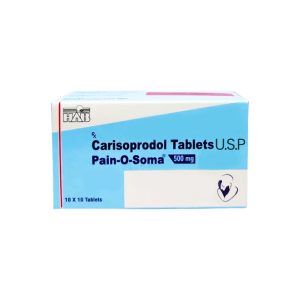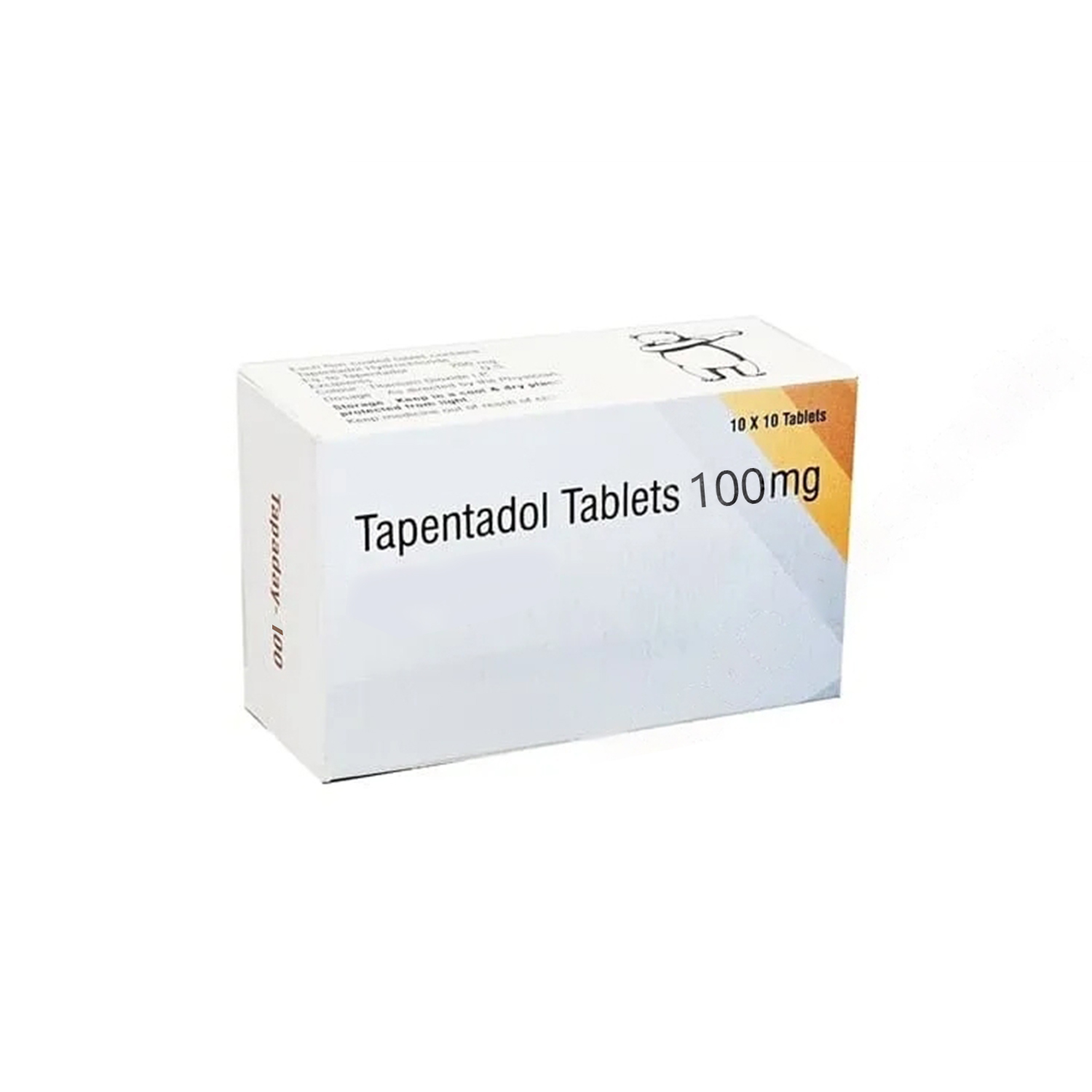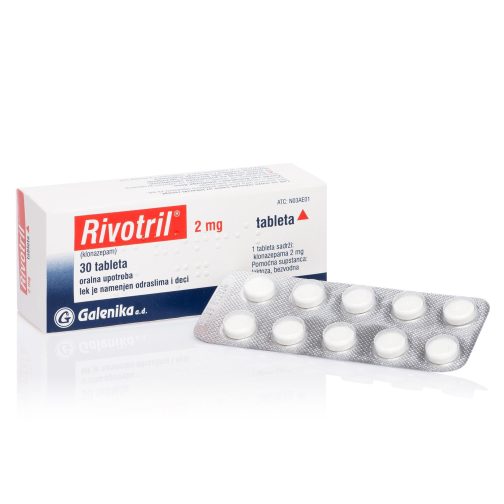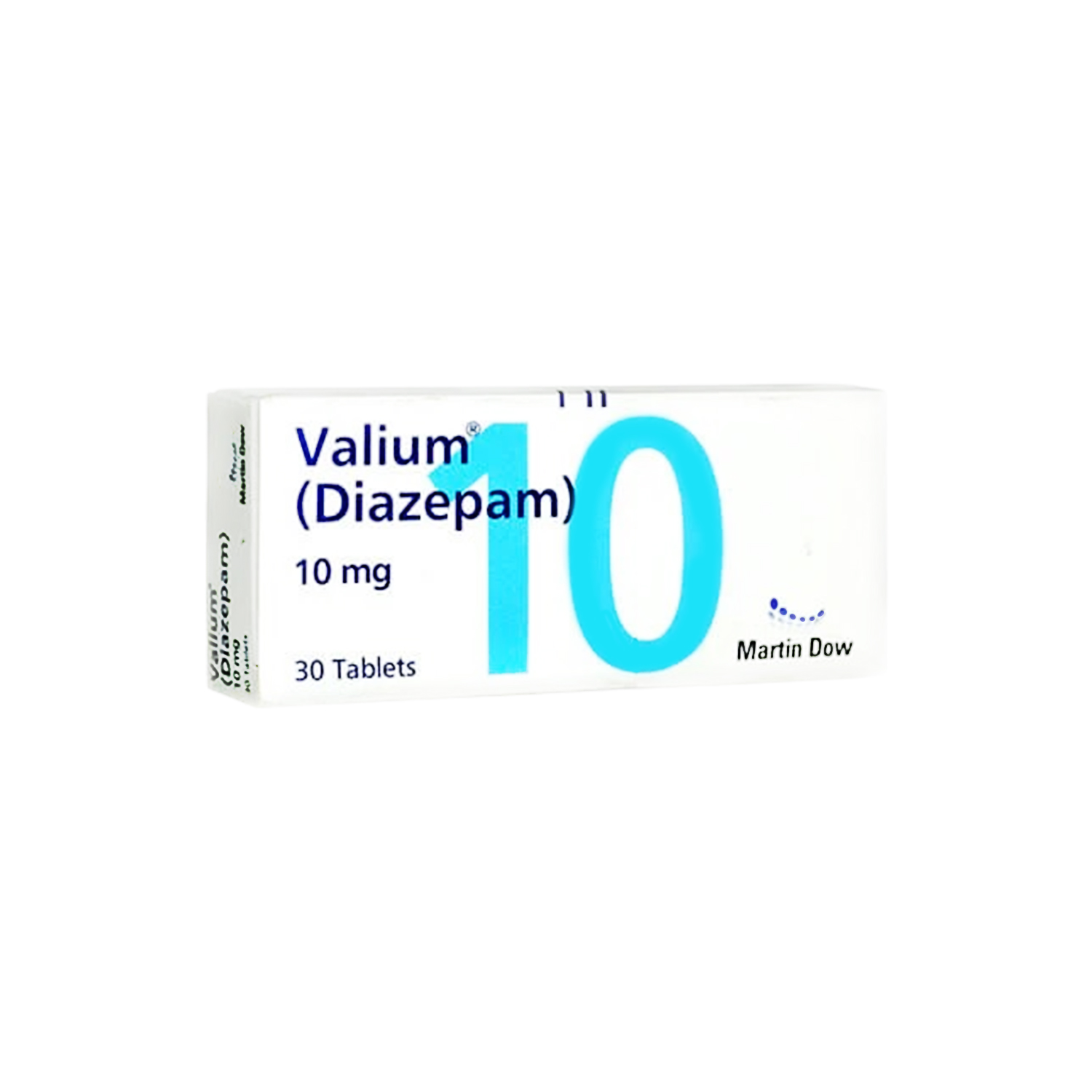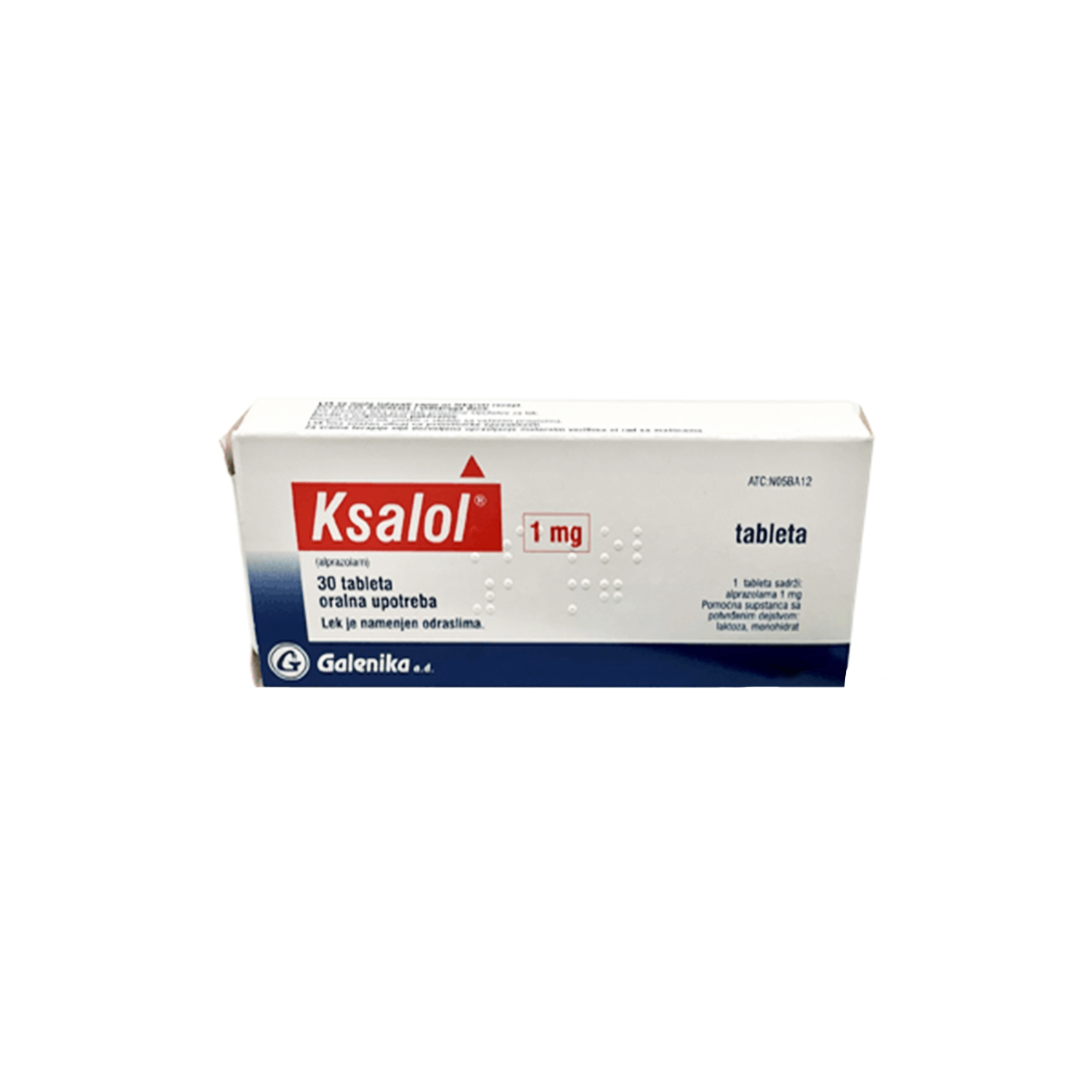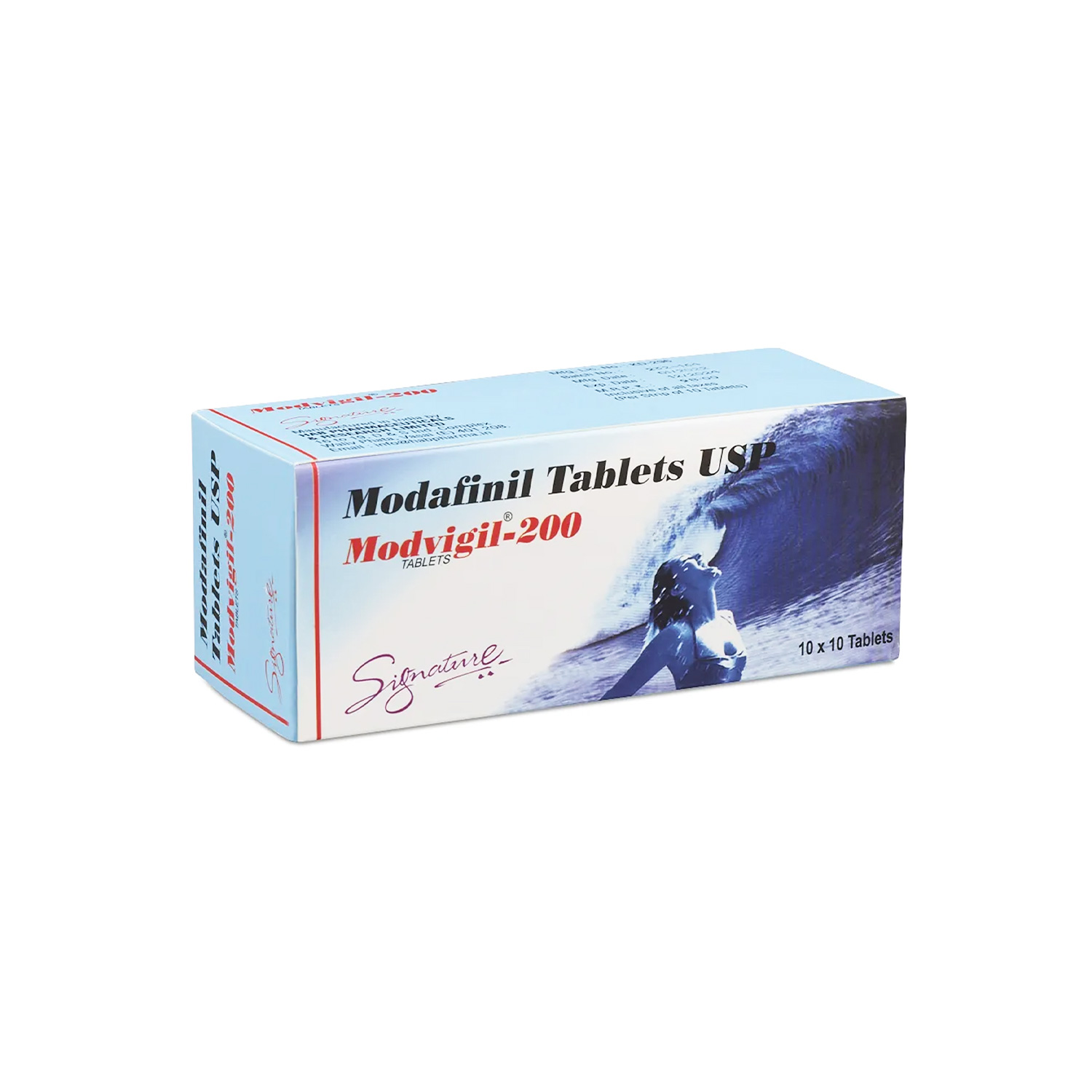Will anxiety medication help
How Effective Are Anxiety Medications? Examining the Advantages and Factors
Introductory Remarks
Anxiety is a prevalent mental health condition that affects millions of people throughout the globe. While some individuals may be able to manage their anxiety through lifestyle modifications, therapy, and relaxation techniques, others may find anxiety medication to be a useful tool on their path to improved mental health. In this blog, we will examine the benefits and drawbacks of anxiety medications in order to answer the question, “Are they effective?”
Understanding Anti-Anxiety Drugs
Healthcare personnel prescribe anti-anxiety medications, also known as anxiolytics, to alleviate the symptoms of anxiety disorders. Antidepressants and benzodiazepines are the two most common classifications for these drugs. Let’s examine these classes and their potential benefits in greater detail.
Antidepressant medications:
Serotonin-Norepinephrine Reuptake Inhibitors (SNRIs) and Selective Serotonin Reuptake Inhibitors (SSRIs): These meds are frequently prescribed for GAD and social anxiety disorder. They function by increasing serotonin and norepinephrine levels in the brain, thereby regulating mood and reducing anxiety symptoms.
TCAs: Tricyclic Antidepressants TCAs may be prescribed when other antidepressants have failed to provide relief. They are effective in treating panic disorder and obsessive-compulsive disorder.
Atypical Antidepressants: This category includes medications such as bupropion, which are frequently prescribed for anxiety disorders when other antidepressants are ineffective.
Benzodiazepines include:
Benzodiazepines, such as diazepam and alprazolam, are medications with rapid onset of action that relieve anxiety symptoms rapidly. Due to the risk of tolerance and dependence, they are generally prescribed for short-term use.
Advantages of Anti-Anxiety Medication
Anxiety medications can substantially reduce the intensity and frequency of anxiety symptoms, enhancing daily functioning.
By reducing anxiety symptoms, medication can improve an individual’s quality of life, leading to improved relationships, job performance, and social interactions.
Medication can work in conjunction with therapy (such as cognitive-behavioral therapy) to provide a more comprehensive approach to anxiety management.
Life-Changing for Some:
Medication can be life-changing for those with severe anxiety disorders, enabling them to regain control and lead fulfilling lives.
Precautions and Cautions
Although anti-anxiety medication can be extremely beneficial, it is necessary to consider the following factors before beginning or while using these drugs:
The effects of medication can vary from individual to individual. What works well for one person might not work as well for another.
All medications have the potential for adverse effects. It is essential to discuss the benefits and hazards with your healthcare provider.
Benzodiazepines, in particular, can contribute to dependence and tolerance if they are not taken as prescribed. Always adhere to your healthcare provider’s recommendations.
Medication alone may not be able to provide a comprehensive solution for anxiety. Combining it with therapy, changes in lifestyle, and stress management techniques frequently produces the greatest results.
Your healthcare provider should regularly evaluate your progress and make any necessary adjustments to your treatment plan.
The conclusion
In response to the query, “Will anti-anxiety medication help?” it’s essential to recognise that medication can be a valuable tool in managing anxiety, but it’s not a one-size-fits-all solution. The decision to take anti-anxiety medication should be made in consultation with a healthcare professional who can assess your unique situation and recommend the most effective method for managing your anxiety. Remember that medication is only one component of a comprehensive treatment plan that may also include psychotherapy and lifestyle modifications, all of which work together to help you regain control over your anxiety and better your overall health.

